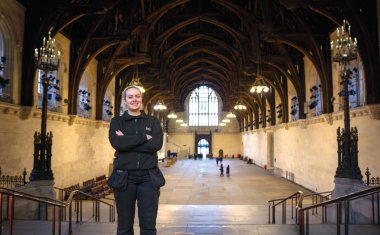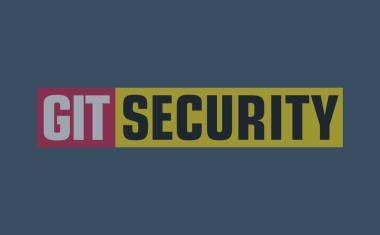Virtual Reality Training System for Rescue Personnel
Visualizations such as realistic lighting and smoke simulation by TH Cologne
Every day and worldwide there are accidents, fires and other dangerous situations where people urgently need help. Rescue operations have to be practised of course so that they work without a hitch when an emergency occurs. An interdisciplinary research team from the TH Cologne (Cologne University of Applied Sciences) is now working on the ‘Collaborative Virtual Reality Training System for First Responders and Civil Protection’ (KoViTReK) project to find a solution that enables training for emergency operations to be carried out in conditions close to reality with the help of virtual reality technology. The Ministry of Culture and Science in North-Rhine Westphalia is supporting the project from its ‘Fokus Forschung HAW-Kooperation’ fund with around 250,000 Euro.
“Current virtual reality systems for rescue training are often not close enough to reality. The missing or very basic audio elements, as well as insufficient visual effects, prevent the proper immersion, the enclosure in the virtual environment. The significant problems so far have been, for example, the spread of light through flames and smoke as well as the direction of sound. We want to change this to make the operation feel as real as possible”, says Prof. Dr. Arnulph Fuhrmann from the Institute for Media and Photo technology of the TH Cologne.
The intention is to conceive and evaluate the training system on the basis of two concrete application scenarios. The first will simulate a house fire and the other a power cut in a hospital. The audible and visual elements will be created for both cases.
Interdisciplinary Cooperation
The interdisciplinary cooperation from the computer graphics, acoustics and civil protection departments will enable the integration of all the necessary elements into the simulation of emergency situations. Prof. Fuhrmann is developing the visualizations, such as realistic lighting and smoke simulation, with the help of algorithms, while Prof. Dr. Christoph Pörschmann from the Institute of Communications Engineering is creating the audio elements. Prof. Dr. Alexander Fekete from the Institute of Rescue Engineering and Danger Reduction is responsible for the requirements of such a system from the point of view of a rescue engineer.
Partners from real life such as the Dortmund Fire Brigade, the full-time Aachen Fire Brigade as well as the Technische Hilfswerk (the federal civil protection organization in Germany) are supporting the scientists in creating a true-to-life system. The training system will enable a number of people to practice simultaneously in a VR environment and interact with each other. As well as the VR and audio headsets, users will also be wearing their regular protective clothing. The immersion in the situation is intended to create stress, just as in a real rescue event. The research team will look at how much the learning effect can be increased in this way, while the aim is to find out whether rescue personnel who use the system in the future will be better prepared for such situations and can react adequately. The system will also be used to encourage new recruits - those interested in a career as rescue personnel can get an idea in advance if it is for them.
Government Aid: ‘Fokus Forschung HAW-Kooperation’
The Ministry of Culture and Science of the state of North Rhine-Westphalia is supporting interdisciplinary research cooperation at colleges of applied science (HAW) with its funding program entitled ‘Focus on Research HAW cooperation’. A total of thirteen projects will be funded, in which are least two researchers work together across areas of expertise, with 3.1 million Euro. The aim is to widen the scope of research at the colleges through this sponsorship. This interdisciplinary ‘Kollaboratives Virtual Reality Trainingssystem für Rettungskräfte und Katastrophenvorsorge’ (KoViTReK) project of the TH Cologne is receiving support of around 250,000 Euro under the program, which has a duration of two years.













